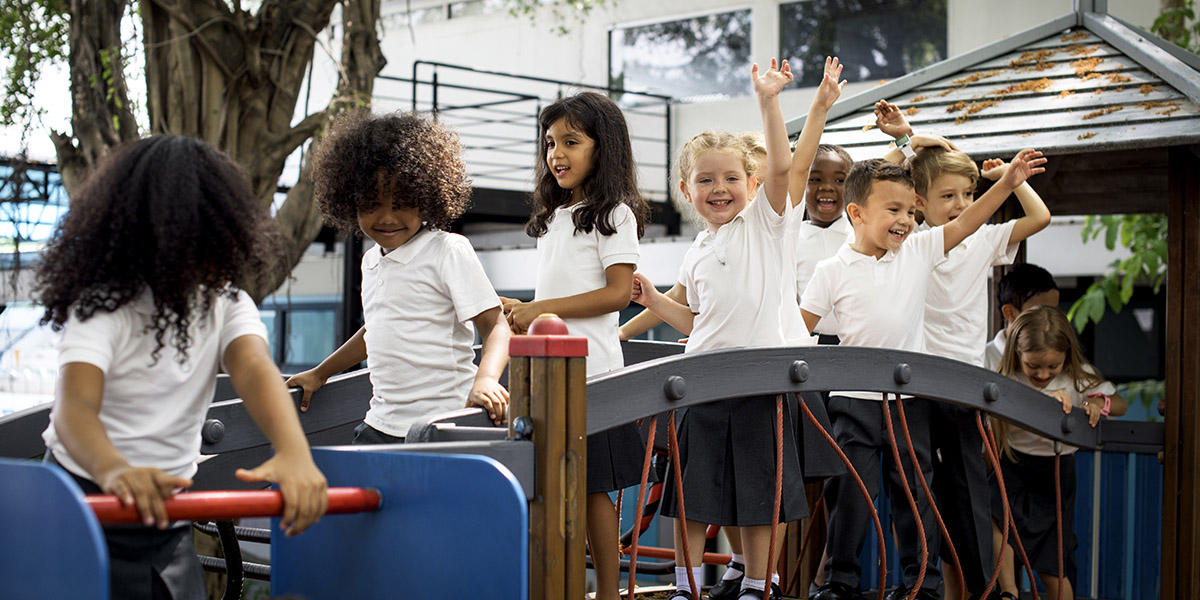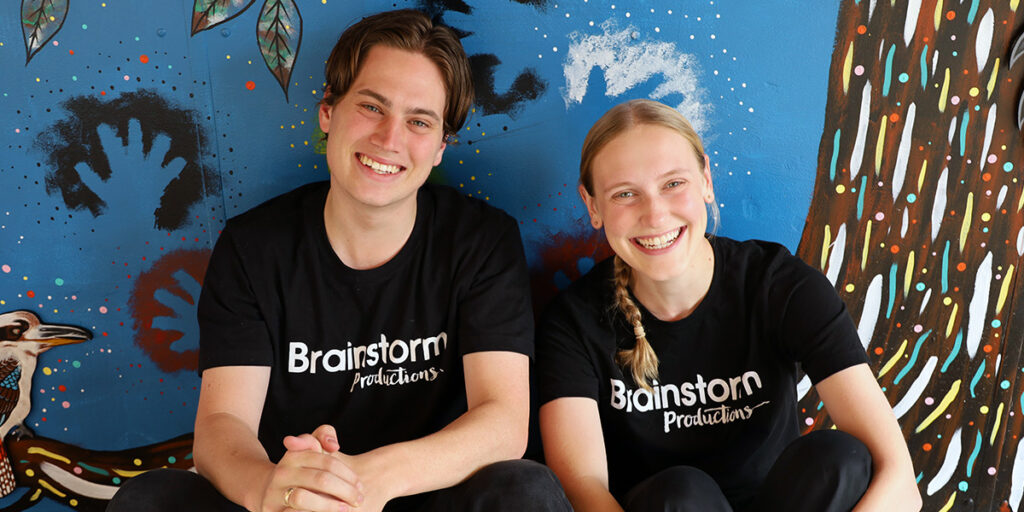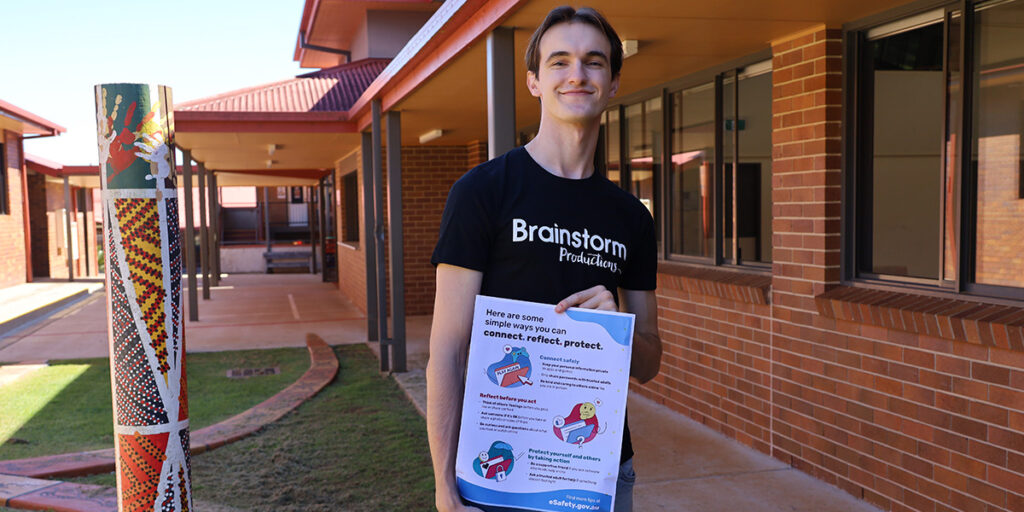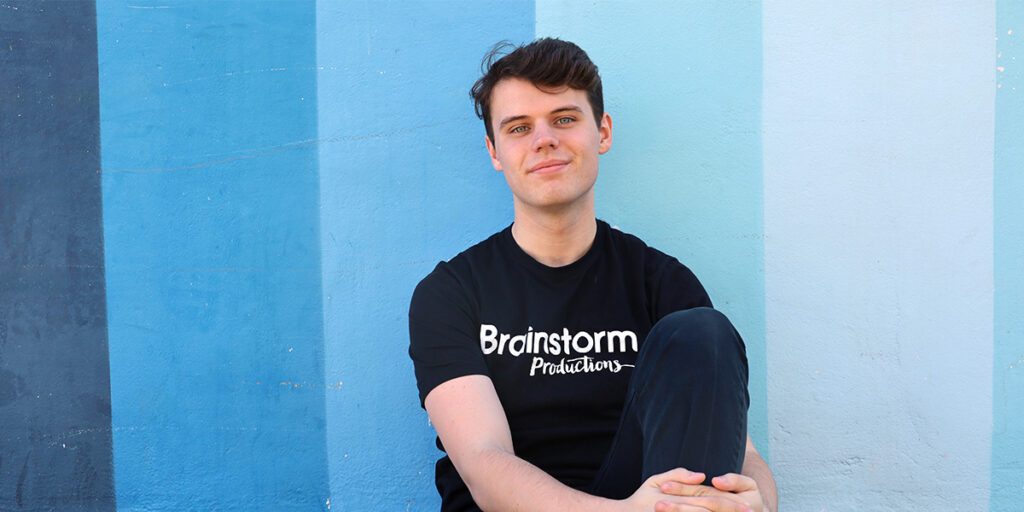Primary school student health is easy, right? Surely all you need to do is feed them well and let them loose outside to run around?
Sadly, as all parents, carers and educators know, promoting physical and emotional health in children is not straightforward. Children’s physiology and psychology is complex, particularly now they are facing the added complications of excess screen time and COVID-19.
In this month’s blog, we turn to experts for advice on how to enhance the health and wellbeing of primary school age students.
A breath of fresh air
Fresh air and an outdoor environment are important for all of us, especially children. Associate Professor of Pediatrics, Mariana Brussoni, writing for The Conversation, puts this simply: “What if there was a simple, inexpensive and fun way to … improve children’s health, development and wellbeing?”
She shares that more outdoor time can reduce the incidence of obesity, anxiety, depression, allergies and asthma, and improve eye health. Outdoor play also encourages children to socialise, understand rules, build executive functioning, develop resilience, and learn to manage risks.
We completely agree with Associate Professor Brussoni when she dubs outdoor play as ‘magic’.
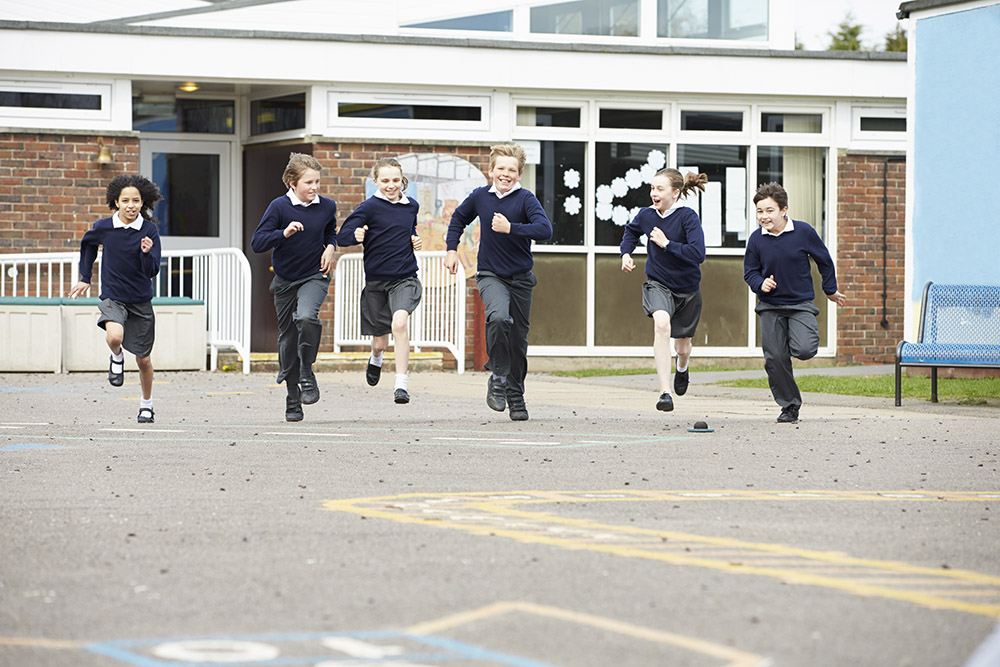
Positive screen time
The Growing Up in Australia study tells us that four out of five teachers are concerned technology is affecting students’ ability to focus and show empathy.
The good news is that, when balanced, screen time can be part of a healthy lifestyle. The primary school years are pivotal for children to learn good cyber safety habits and the benefits of balance.
Many of the tips from Raising Children, the Australian Parenting website, apply equally to home and classroom screen time; encourage face-to-face play, indulge children’s love of imagination and creativity, keep screen sessions short and balance screen time with physical activity.
Let's get physical
Adults might pat ourselves on the back if we manage three exercise sessions per week. But, for primary school aged children, participation in physical activity is needed every single day. It doesn’t have to be vigorous exercise or organised sport. Walking, active creativity, and playground play are just as valuable.
There are great options to combine screens with physical activity. Raising Children suggests having fun with video dance games, using a digital map to plan and record a walk, or motivating a child to try new physical skills by videoing them.
ZZZZzzz
Sleep is now considered, by experts such as the Sleep Health Foundation, to be the third pillar of health, alongside healthy eating and regular exercise.
The Australian Government Department of Health recommends primary school students get between nine and 11 hours of uninterrupted sleep per night.
For us adults, that sounds like a dream (pardon the pun). For children, it is an essential component of all aspects of health and wellbeing.
To achieve 11 hours of sleep a child who needs to wake up at 7:00AM to get to school on time, needs to be in bed by 7.30PM and sound asleep by 8:00PM.
The extra COVID challenge
There’s no doubt that COVID-19 concerns and restrictions are creating additional challenges for everyone.
During lockdowns, when the hours seem to stretch on, it’s hard to keep screen time within recommended limits.
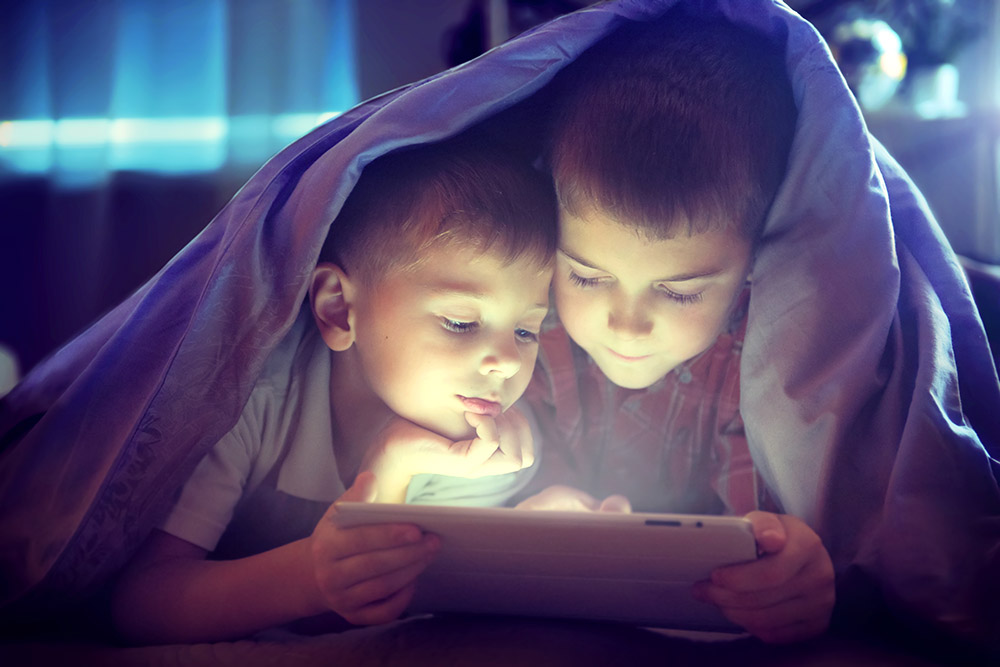
It’s also difficult for parents and other adults to model good screen time balance when they are working from home, watching news updates and winding down with Netflix and video games.
Experts from The University of Sydney have compiled resources that schools can share with parents. It suggests we let go of some of the usual expectations of boundaries, tidiness and engagement. Dr Nikki Brunker, says that screen time can be a valuable way for children to stay connected with wider family and peers. Her advice is to accept that your child will have more screen time than usual.
All in the mind
We know there is no clear divide between physical and psychological health. Research tells us that around one in seven children will experience psychological distress of a sufficient level to be diagnosed with a mental health disorder. They will need support from family and expert assistance from professionals.
Mental health and resilience is enhanced by safe secure relationships and positive social connections with friends and adults within their school community.
How can theatre help?
Theatre in education can be a powerful tool for students to consider their health and wellbeing in a dynamic and creative way.
Teachers, Principals and welfare staff can book a Brainstorm Theatre in Education performance confident in the knowledge that they are developed in consultation with education and mental health experts. They have COVID Safe Plans and Procedures in place to ensure the safety of all staff and students. It will provide the audience with some much needed fun, creativity and joy in these difficult times.
Brainstorm currently offers two primary school student wellbeing programs that focus on physical and emotional health.
Saving Lil and Archie: Touring 2022
Saving Lil & Archie is an exciting live theatre in education performance that follows the journey of a lonely, anxious child who befriends a robot from the Planet Arkon.
This performance is a fun wellbeing and cyber safety program that shows students how to connect with people in a safe, meaningful way. It also explores responsible use of technology, and getting a good balance with screen time, face-to-face friendships, exercise and sleep.

The H Team: Touring 2021 & 2022
When Cal and Mindi leave the safety of the ‘H Zone’, they face the anxiety associated with over-stimulation from screens, advertising and peer pressure. ‘The H Team’ promotes kindness, empathy, motivation and a growth-mindset.
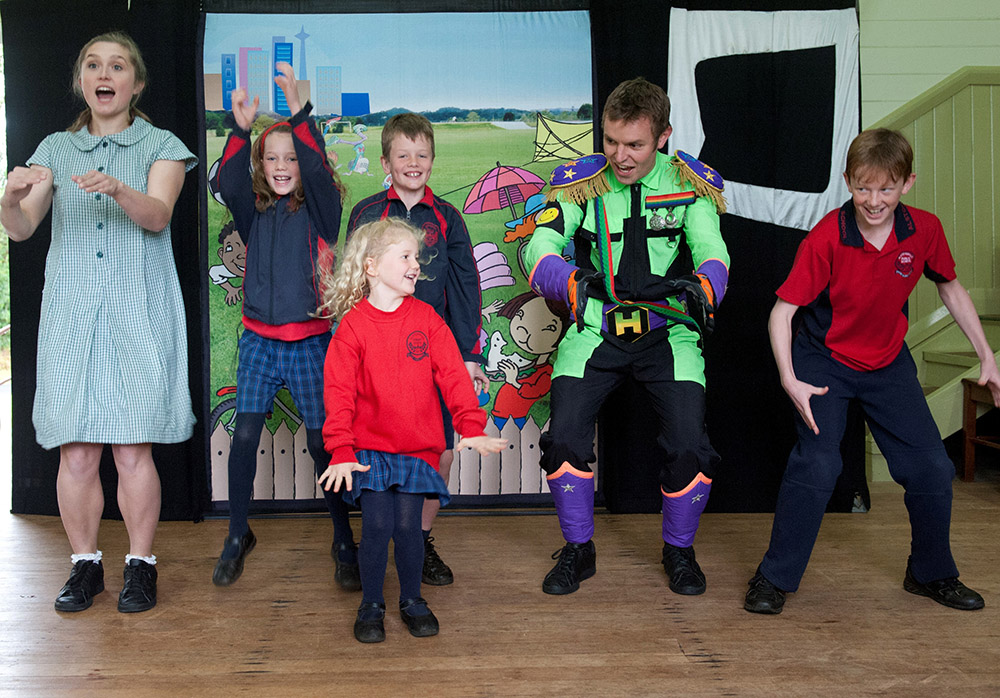
These two theatre in education experiences from Brainstorm Productions are suitable for any primary school level, from K/P – 6. The show is supported by a Q&A session and curriculum-aligned classroom resources. Each will positively contribute to your student’s understanding of the importance of physical and emotional health and give encouragement and concrete tools to stay active, enjoy time outdoors and spend less time on screens.

